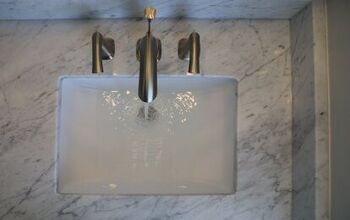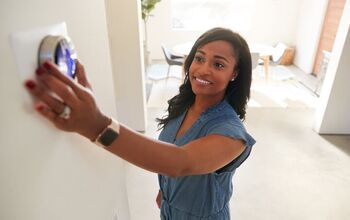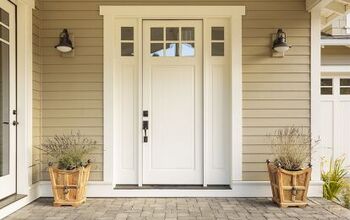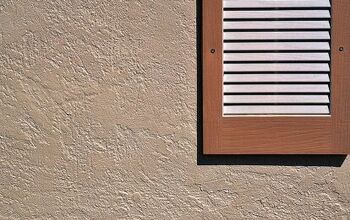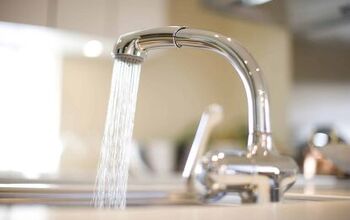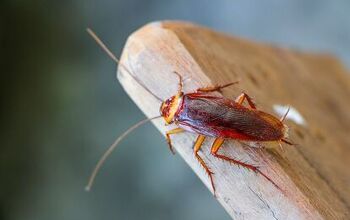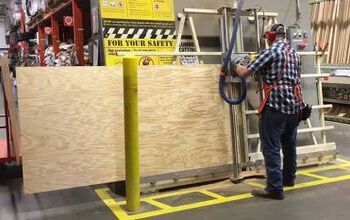Should My Landlord Pay For Pest Control?

Every tenant should understand what their landlord is responsible for. Landlords are supposed to act quickly when it comes to their responsibilities as per the rental agreement that you signed. This applies to everything from plumbing problems to air conditioner failure. Many renters have asked themselves the question: should my landlord pay for pest control?
Your landlord should pay for pest control, and it’s typically required by law. The only way that they aren’t required to pay for pest control is if it’s not required in your state or if the rental agreement specified that they weren’t responsible. Carefully document the infestation and contact an attorney if your landlord fails to pay for pest control.
Hopefully, your landlord will do the right thing and tell you how to prepare for pest control. You typically need to unplug your refrigerator, put your dishes away, and turn off the air conditioner before the exterminators come if they need to use a fogger. Follow along as we explore whether or not your landlord needs to pay for pest control and see what you can do about it.
Are Landlords Responsible For Pest Control?
Landlords are typically responsible for pest control. Rental agreements typically put the responsibility of pest control, plumbing work, and maintenance on the landlord. The only time when landlords aren’t responsible for pest control is if that is part of the rental agreement.
It’s important to read a lease before you sign it to make sure that the landlord will cover all your needs. Sometimes, landlords will try to avoid aiding you in pest control, and you may have to take legal action if that violates the rental agreement. Tenants can often get away with withholding rent if the landlord fails to fulfill the responsibilities that they agreed to.
The rules typically state that landlords need to take care of the problem “within a reasonable amount of time”. Of course, this isn’t specific, so that doesn’t help you get an idea of when they will help. Maintain communication with your landlord if they still haven’t sent an exterminator or maintenance person to help.
Can You Sue Your Landlord For Pest Control?
You can sue your landlord for pest control if they don’t help you and your home becomes uninhabitable. There needs to be proof that the pest problem has made it difficult, uncomfortable, or unsafe to live in your apartment. For example, an apartment could be deemed uninhabitable if there is an infestation of harmful brown recluse spiders.
In this case, you would need to hire an attorney to file a claim on your behalf. This will likely tarnish your relationship with your landlord, but it’s necessary if you are in a dangerous situation. You can take the opportunity to find a new place to live and check for good landlords.
Landlords are required to eliminate harmful infestations if it’s part of the rental agreement. They are likely to lose a suit if they fail to help with pest control in most cases. That’s why it’s important to document the infestation and keep track of how long it takes for your landlord to act.
What To Do If Your Landlord Won’t Pay For Pest Control
The best thing to do if your landlord won’t pay for pest control is to take pictures. Photographic evidence can convince them that the problem is serious. This can also help if they fail to act, as you can use the evidence to build a case if you must file a lawsuit.
It also helps to put out insect or rodent traps and provide proof that you have pests. However, this shouldn’t be necessary, as they are usually required to act quickly if there is a pest problem. If they never help, simply contact an attorney, provide your evidence, and look for a new rental.
How To Prepare For Pest Control
You must prepare your home before pest control arrives. Either the pest control professional or your landlord will likely tell you before they come. Depending on the infestation, they will likely need to use strong chemicals.
It’s important to put all your dishes away and pour out any standing water in your home. Otherwise, pesticides and insecticides will cling to the dishes and water and make them unsafe to use. Cover your fish tank if you have one, or else the insecticide or bug bomb will taint the water and your fish.
You must also turn off your air conditioner, so you don’t spread harmful chemicals throughout your home. Pest control professionals also recommend that you unplug your refrigerator before treatment, so you don’t taint your food. Listen to their instructions about when you can safely return to your home. This will protect you from dangerous chemicals and ensure that the job gets done.
Why Are Pest Infestations Harder To Get Rid Of In Apartment Buildings?
Pet infestations are hard to get rid of in apartment buildings because of how many residents there are. The infestation typically begins in one or two apartments. They will eat everything they can and reproduce as much as possible before moving on to another apartment.
As they move from apartment to apartment, they will continue to grow in numbers and the problem will get worse. Pests can also travel between apartments through vents, which makes it hard to find the source. That’s why tenants need to catch the problem early so that the landlord can hire a pest control service.
Summing It Up
Landlords are typically required to pay for pest control. Most states require it, but some leave it up to the rental agreement. Tenants can sue landlords that don’t pay for pest control if there is an infestation that renders the house uninhabitable.
Make sure to unplug your refrigerator, turn off your air conditioner, and put away all your dishes before the pest treatment. Put your pet’s food and water bowls away as well, because the chemicals can settle on any surface. Openly communicate with your landlord and make sure to express how necessary pest control treatment is.
Related Guides:

Nick Durante is a professional writer with a primary focus on home improvement. When he is not writing about home improvement or taking on projects around the house, he likes to read and create art. He is always looking towards the newest trends in home improvement.
More by Nick Durante



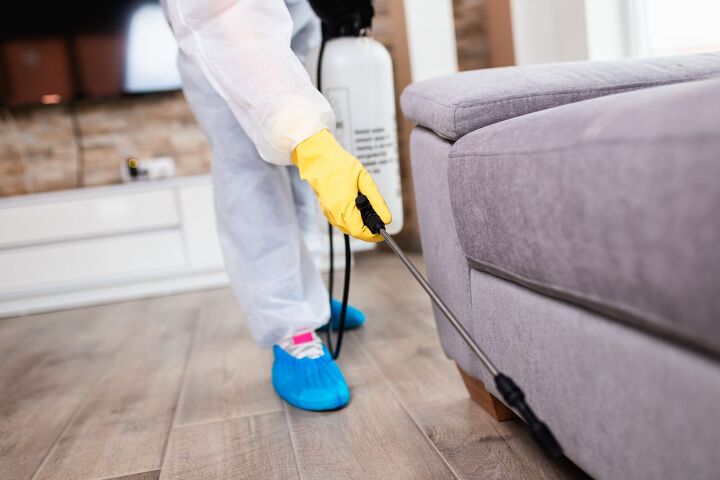







![10 Best Electric Lawn Mowers - [2022 Reviews & Top Rated Models]](https://cdn-fastly.upgradedhome.com/media/2023/07/31/9070486/10-best-electric-lawn-mowers-2022-reviews-top-rated-models.jpg?size=350x220)
![10 Best Scroll Saws for 2022 [Ultimate Reviews & Buyer's Guide]](https://cdn-fastly.upgradedhome.com/media/2023/07/31/9070684/10-best-scroll-saws-for-2022-ultimate-reviews-buyer-s-guide.jpg?size=350x220)

